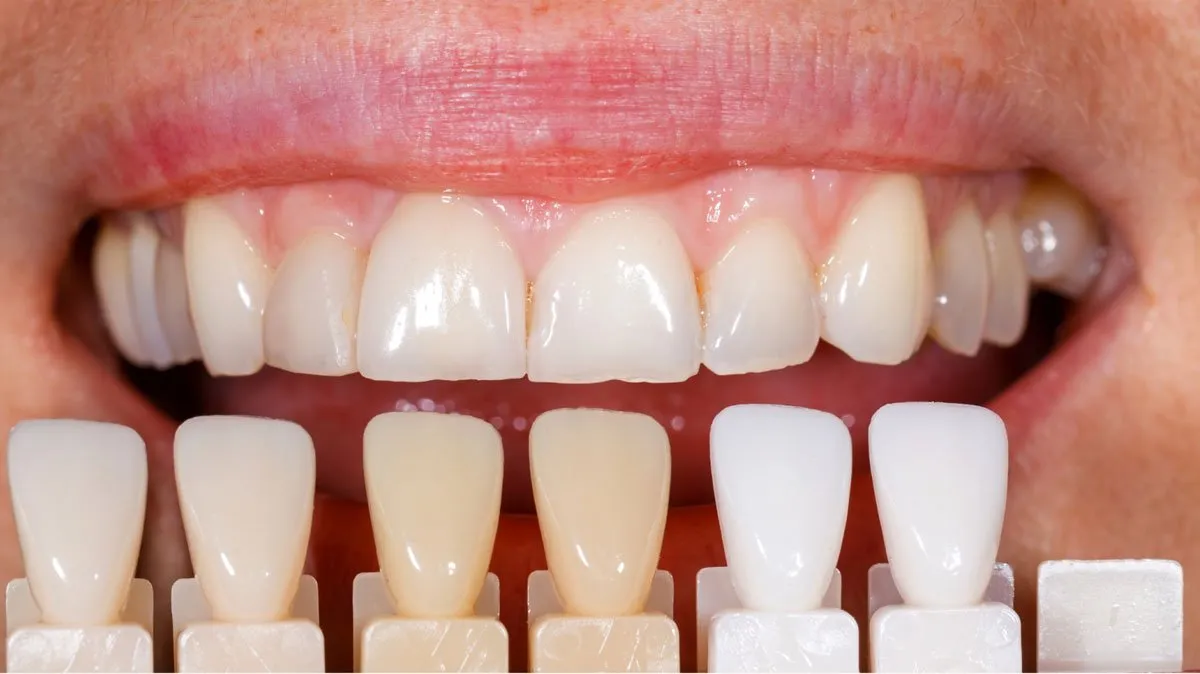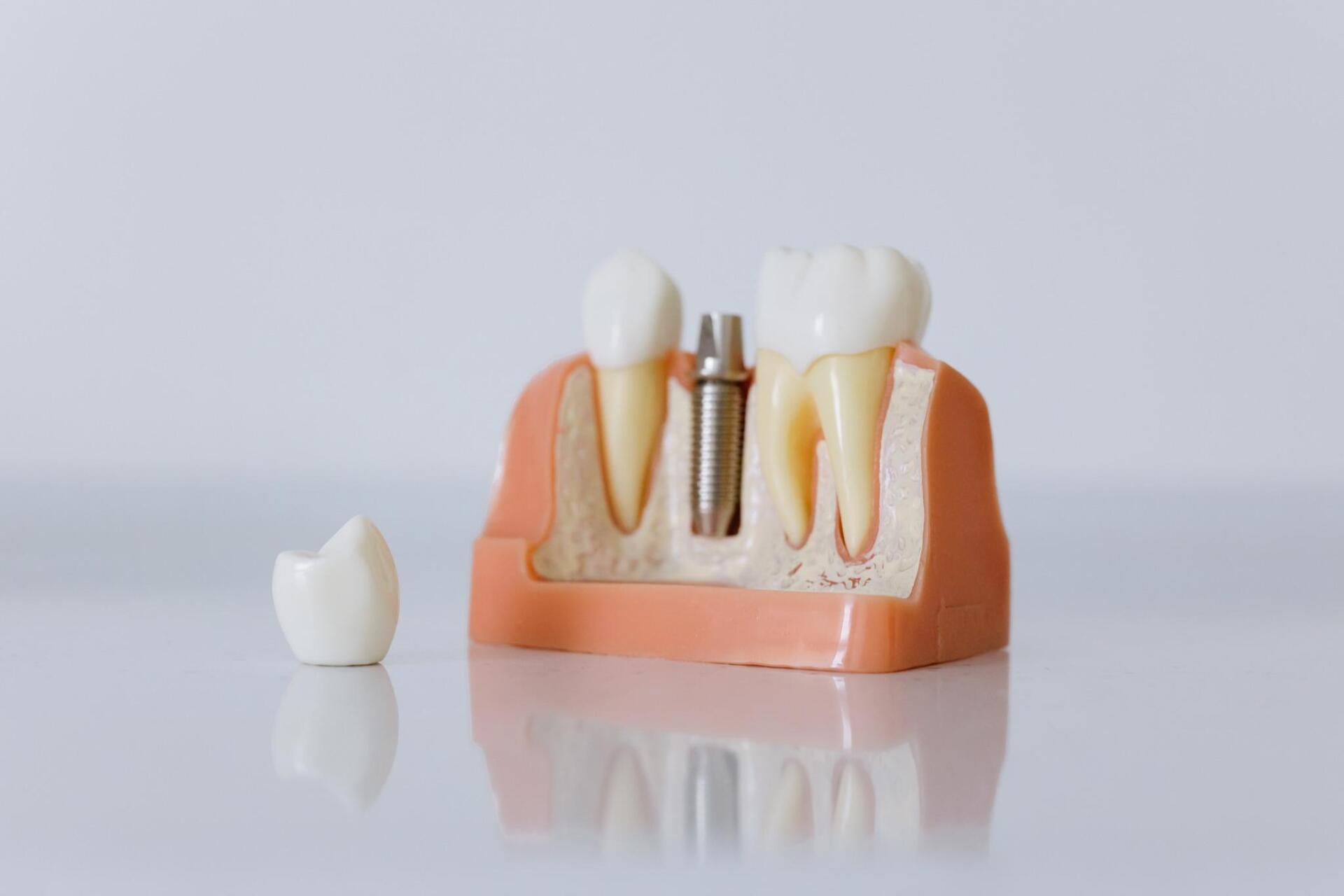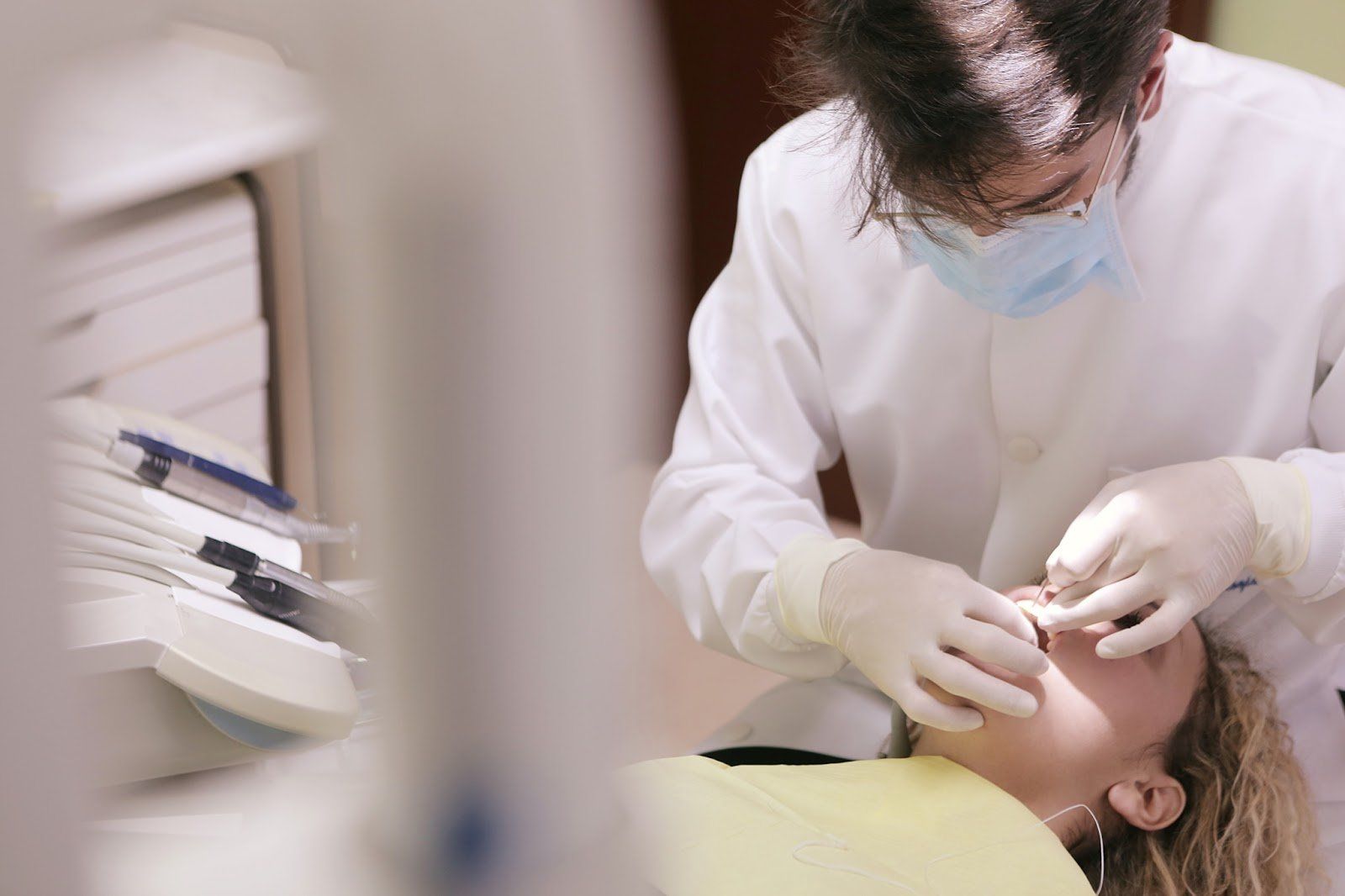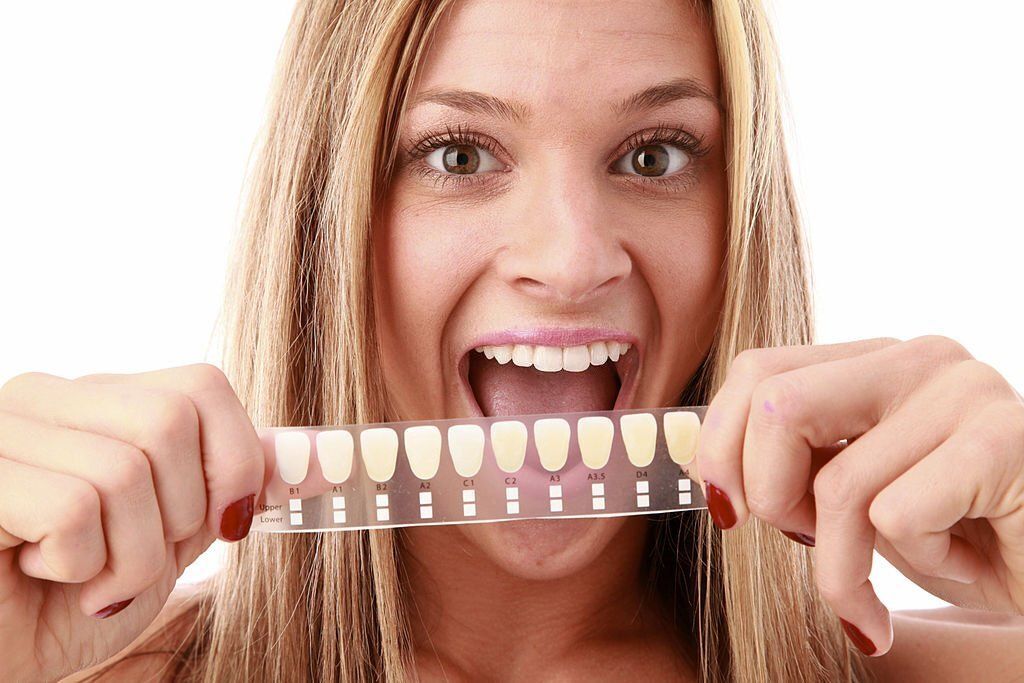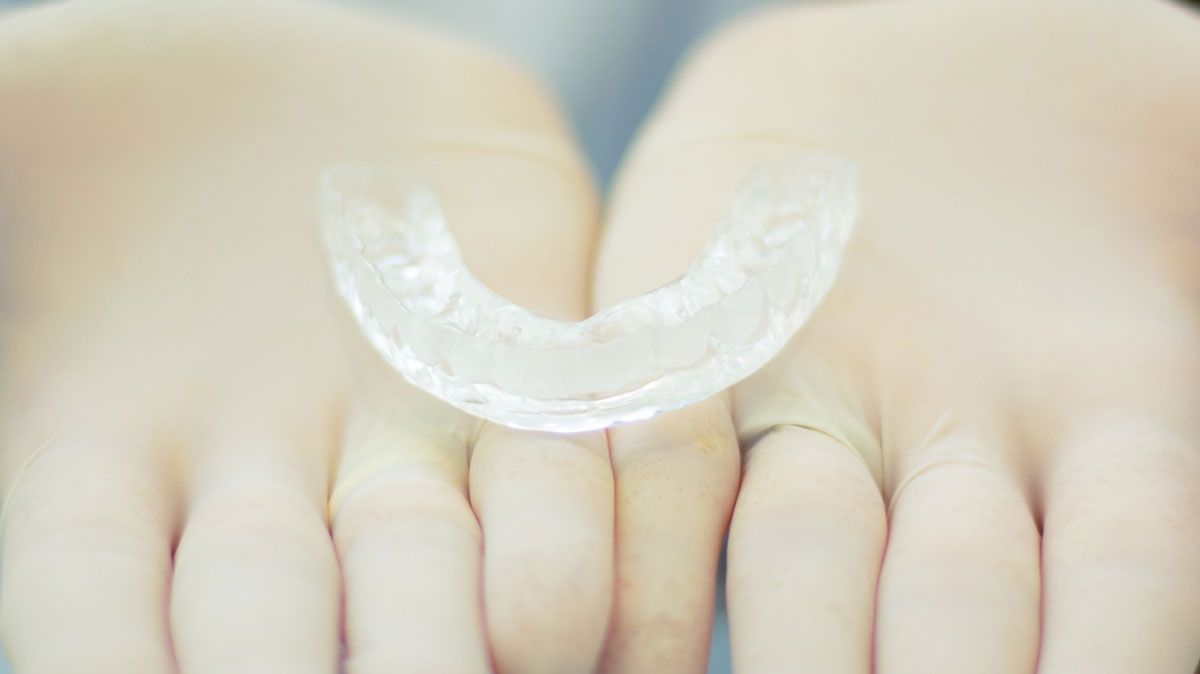
What is the Future of Dental Implants?

Future of Dental Implants: What we can expect
One may already see that the future has arrived by looking at the most recent advancements in modern dentistry. Promising developments in the field could be the key to finally enabling stem cell-initiated teeth regeneration, placing dental implants without the assistance of a dentist, and getting rid of any internal infections associated with effective dental treatments. The industry is about to be completely transformed by the diligent work done in dental labs worldwide.
Dental implants have been the focus of intense research since the 1970s. Today's clinical dentistry would not be complete without dental implants. In 2023, it's anticipated that the global dental implant market will grow to $13 billion. Dental implants have a reported survival rate of over 90%, but poor bone conditions increase the likelihood of implant failure and jeopardize the current high success rates.
Dental implants future is being shaped by technology, and there are countless opportunities for advancement. Over 100 million people in the United States are missing at least one tooth. By 2020, it is expected that dental implants will be valued at more than $4.4 billion globally. Due to this rising quantity, it's critical to keep up with the most current methods and tools for oral implantation.
Modern medical technology and cutting-edge clinical practices will improve diagnostic care, increase the accuracy of treatment planning, and hasten recovery during the next few decades. Read on for a sneak peek at the technical developments that will shape the way dental restorations are made in the future.What are Dental Implants?
Dental implants are artificial tooth roots. Implants serve as a solid foundation for either fixed (permanent) or removable replacement teeth that are custom-made to match your natural teeth.
Benefits of Dental Implants
1. Natural appearance and a comfortable fit.
Dental implants are made to look, feel, and function exactly like natural teeth. Furthermore, implants give patients the confidence to smile, eat, and participate in social activities without worrying about their appearance or whether their dentures will fall out.
2. Durable and dependable.
Implants, with proper care and maintenance, can last as long as traditional tooth restorations, with predictable results.
3. A high rate of success.
Dental implants that are properly planned and cared for have survival rates that are comparable or better than other tooth replacement options. Furthermore, as implant technology and techniques advance, so will their success rate. People who are in good health have the best chances of having successful implants.
4. Better eating and chewing abilities.
Dental implants, like natural teeth, are anchored in your jaw bone. They will help to preserve the jaw bone and significantly reduce bone resorption over time. Implants allow you to chew your food more effectively and speak more clearly.
5. Better facial and bone features
Dental implants preserve natural tooth tissue by eliminating the need for adjacent teeth to be cut down for conventional bridgework. They will also preserve bone and significantly reduce bone resorption and deterioration, which results in jawbone height loss. Dental implants also aid in the restoration of jawbone structure by reducing the load on the remaining oral structures/teeth, preserving natural tooth tissue, and reducing bone resorption and deterioration, which leads to tooth loss.
Dental Implants with Robot Assistance
Dental implant surgery assisted by a robot will soon be considered a regular practice. The first robotically assisted dental surgical device, Yomi, was just released by Miami-based Neocis. Dental surgeons can design surgeries in three dimensions and insert dental implants using guided surgery technology. It frequently supports flapless dental implant operations that can be completed in one day with little anesthesia.
A robot recently performed the safe implantation of two dental implants in a patient in China by following a pre-programmed set of instructions. Dental professionals who were not actively involved in the procedure oversaw it. Dental implants with Robot Assistance is the future of dental implants.
Dental Implants That Are Infection-Free
Oral microbial infection is currently the main factor in implant failure in the dental industry. Researchers are working on dental implants with reservoirs that release antimicrobial chemicals gradually in an effort to get rid of bacterial biofilms. A titanium-silica composite material with pores makes up the implant, allowing medication to seep from the reservoir slowly. The diffusion process prevents germs from forming a biofilm and causing illness.
These implants will lessen infection and prevent patients' implants from failing. These antimicrobial substances can dramatically reduce the risk of infection for all dental implants.
Replacing Dental Implants using Stem Cells
Stem cells may ultimately be used to restore missing teeth in patients' mouths, thanks to recent developments in the field of stem cell research. Other animals, like sharks, can grow new teeth in a matter of weeks. Scientists are studying other species to learn how stem cells can be used to create new teeth in an adult human. The teeth of all people contain stem cells. After an extraction, implant dentists might be able to remove cells from the tooth to help it repair itself rather than throwing it out. The practice of saving one's teeth is becoming more common, so storing the patient's stem cells may soon be commonplace. Stem cells can be found in healthy human teeth, which may open the path for dental implantology in the future.
The future? Maybe in a hundred years, you won't need implants since you'll be able to develop teeth naturally via a simple stem cell treatment or a minor change to the damaged tooth.
Conclusion
Advances in the dental industry have already started shaping its future today. We can now have stem cell research for teeth regeneration, self-medicating dental implants to ward off infections and robot dentists. Imagine what else we could make in about a hundred years from now in the dental implant dentistry.
Utilizing cutting-edge technology and digital procedures, Minneapolis dentists continuously monitor the development of modern dentistry. We are the go-to choice for full-service digital dental labs like All-on-4 Dental Implants Minneapolis. Visit us right away at any Dental Implants Minneapolis location.

OPENING HOURS
Monday - Thursday 8am-5pm
Friday 8am-3:30pm
CONTACT
Phone (419) 385 - 9314
Fax (419) 382-8996


